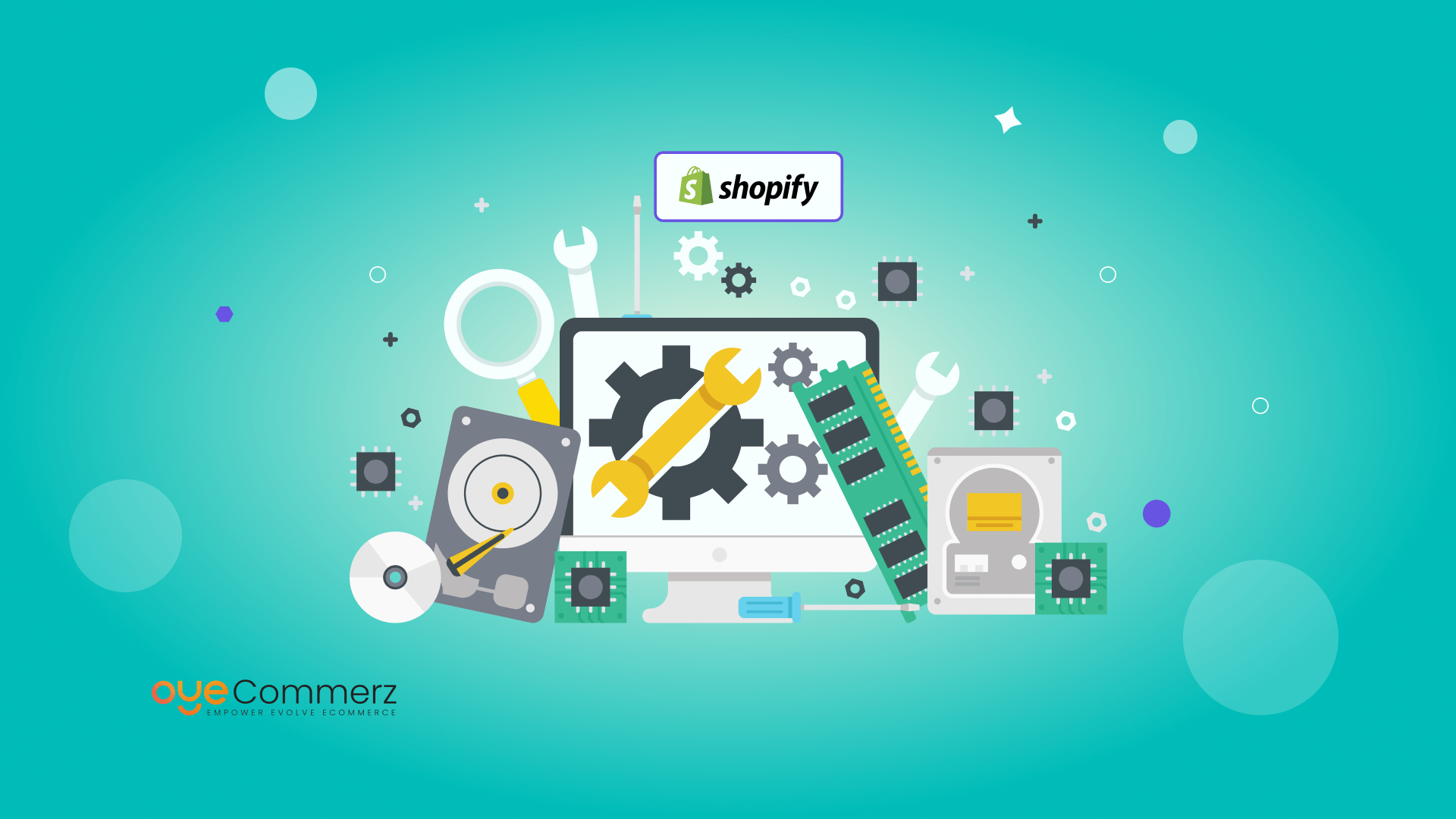Enhance Your E-commerce: Custom App Development for Shopify for Unmatched Store Performance
Enhance Your E-commerce: Custom App Development for Shopify for Unmatched Store Performance
Blog Article
Introduction
In the current competitive e-commerce environment, standing out is paramount, and a top method to differentiate a Shopify store is through tailored app development. A robust Shopify app can enhance store functionality, simplify processes, and elevate customer interaction. This article explores essential aspects of Shopify app development, covering API integration and app ecosystem to scaling strategies and promotion methods, offering a roadmap for companies seeking superior store performance.
Why Shopify API Integration Matters
Shopify’s API provides powerful tools to personalize and extend store functionalities. With GraphQL and REST APIs, developers can retrieve information to create apps that handle inventory control, order processing, and customer information management seamlessly. Integrating Shopify’s API can enable improved workflow automation and allows stores to assist shoppers more effectively.
Utilizing the Polaris Design System
Shopify’s Polaris is Shopify's design system for designing intuitive and accessible Shopify apps. By following Polaris guidelines, developers ensure that apps seamlessly integrate within the Shopify Admin interface. This provides a cohesive appearance that appeals to Shopify merchants, promoting usability and comfort for merchants utilizing your custom app.
Navigating the Shopify App Ecosystem
The Shopify app ecosystem offers endless possibilities for improving e-commerce sites. From managing fulfillment processes to boosting customer engagement, apps in this environment are tailored to meet diverse business requirements. Learning about this ecosystem helps developers in finding unique app ideas and enables seamless integration of external tools that enhance the store.
Developing Embedded Shopify Apps
Embedded apps integrate directly within the Shopify Admin, allowing a seamless experience for merchants. They allow merchants don’t have to navigate away from their Shopify dashboard, simplifying their process. Employing Shopify App Bridge and embedded app features is a best practice for providing a cohesive, well-integrated user environment.
Using Node.js and React for Shopify Apps
Node.js and React have emerged as ideal tools for Shopify app development. This server-side framework enables efficient back-end services, while React enables dynamic, responsive front-end design. Combined, Benefits of custom Shopify apps they offer an excellent framework for creating speedy, growth-ready Shopify apps that improve store functionality and customer engagement.
Webhooks in Shopify Apps
Webhooks allow real-time data synchronization between Shopify and an outside application. They initiate events such as new orders or stock changes and provide immediate alerts to your app. By utilizing webhooks, apps can deliver real-time insights for store owners, streamlining workflows and boosting productivity.
Customer Engagement and Digital Marketing for Shopify Apps
To make a Shopify app successful, engaging customers is crucial. Using digital marketing strategies like SEO, email marketing, and social media campaigns can drive app adoption. Additionally, creating applications with customer interaction as a focus (e.g., loyalty programs or personalized suggestions) increases user loyalty and satisfaction.
Making Your Shopify App Scalable
As e-commerce stores expand, so do their technological needs. Making sure that your app can scale to handle increased traffic, larger databases, and more advanced functionalities is essential. By improving server capacity and implementing scalable technologies, you can create apps that grow in tandem with a store’s growth.
Important Features and Maintenance Tips for Shopify Apps
For an app to be useful, it should include essential features like user login, analytics dashboard, and customer support options. Ongoing app upkeep, including updates to fix bugs and ensuring compatibility with new Shopify functionalities, is important to maintain uninterrupted performance and avoid interruptions to merchant workflows.
Conclusion
Custom Shopify app development offers immense opportunities for e-commerce stores, offering the chance to improve store functionality, streamline processes, and foster customer loyalty. From integrating APIs Oyecommerz Shopify development to focusing on scalability and customer interaction, creating a Shopify app involves thoughtful preparation and well-planned actions. If you’re ready to unlock your store’s full potential, a custom Shopify app could be the ideal solution. What features do you see for your ideal app? Share your thoughts and begin the journey to an optimized e-commerce experience!
 Report this page
Report this page